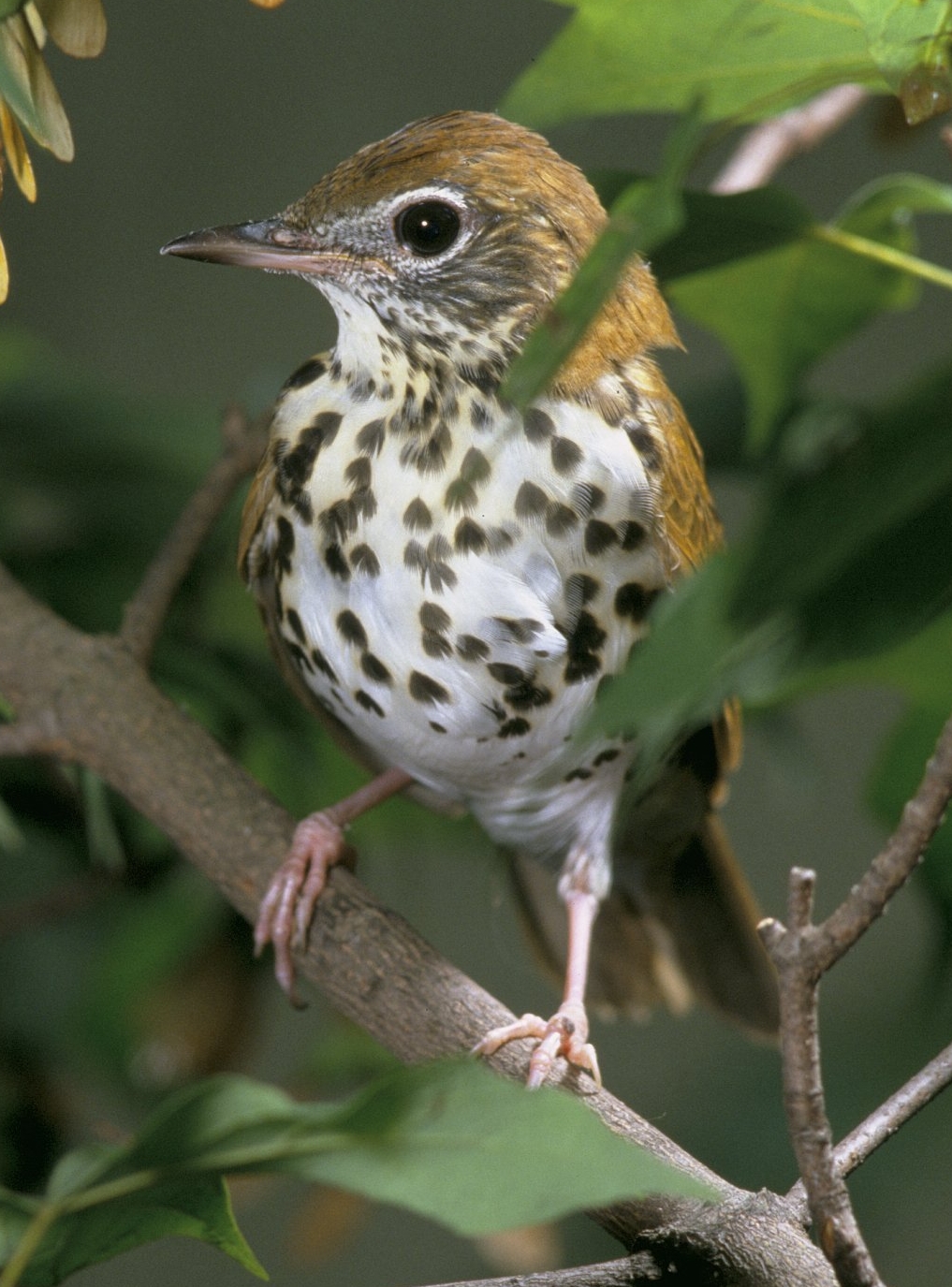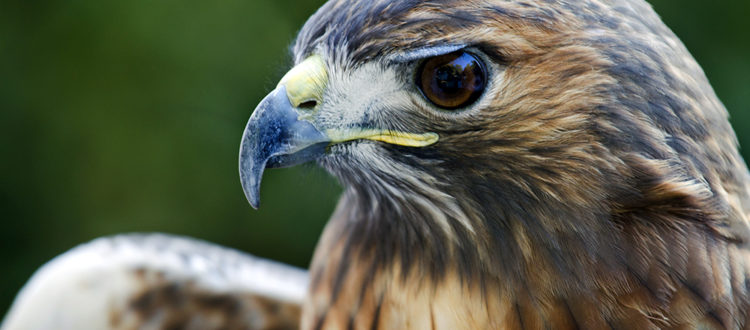Urban Bird Foundation Urges New York to Prevent Destruction of Forest Habitat
In an effort to protect thousands of birds migrating through, foraging in, and nesting in or near trees on a proposed wind turbine site in Chautauqua County, Urban Bird Foundation submitted comments to the New York State Board on Electric Generation Siting and the Environment urging them to deny Cassadaga Wind’s petition to clear trees and forest habitat between April 1 and November 1.
“Destroying forest habitat during breeding season to save money is not an acceptable reason to impact the more than 70 species of resident and migratory birds observed at the project site,” said Scott Artis, Executive Director of Urban Bird Foundation.

Near-threatened Wood Thrush
Tree cutting and clearing between April 1 and November 1 occurs at the time of year migratory birds have returned to the region and begun nesting. More than 8 raptor species will have already returned and begun nesting using trees in the forested areas as nest sites. Many other species subject to the Migratory Bird Treaty Act will have returned to the area, including Wood Thrush, and numerous species of warblers. The destruction of trees limits the availability of nest sites for those species that nest in trees. It is important to note that loss of trees is not the only negative impact, as the process of cutting and clearing trees by people, vehicles, and machinery (e.g. chainsaws) creates loud sounds that disturbs and disrupts critical courtship and nesting behavior in forests and along their edges.
The project pathway crosses Partners in Flight Physiographic Area 24, and Chautauqua County includes 4 Important Bird Areas recognized with global and state priorities. These areas have been identified as providing:
- Important stopover location for migrant birds
- A major spring hawk concentration area
- Important migration corridor for nocturnal passerines
- And supporting breeding species at risk, including the Bald Eagle, Northern Harrier, Sharp-shinned Hawk, Cooper’s Hawk, Red-shouldered Hawk, and Redheaded Woodpecker (confirmed breeders). In recent years, the area has become
a wintering site for Bald Eagles.
Bird species dependent upon mature forests will be harmed as a result of altered time of year restrictions, like the Wood Thrush, which is currently on conservation watch status with population declining.
“The destruction of trees reduces foraging, nesting and roosting habitat and contributes to the reduction of bird populations,” said Artis. “Giving Cassadaga Wind a free pass to clear and cut trees throughout the year undermines conservation policy and the State’s ability to effectively protect its wildlife and natural resources. This is simply a bad bird conservation policy precedent.”


